Students Across Campuses: Palestinian and Israeli Tensions
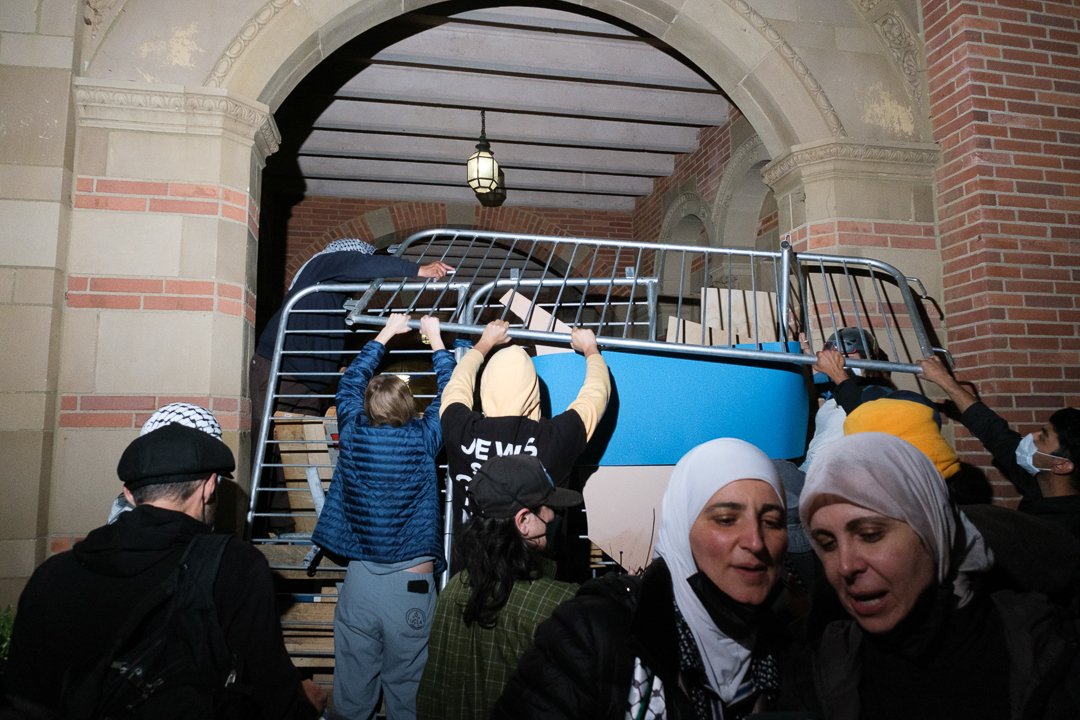
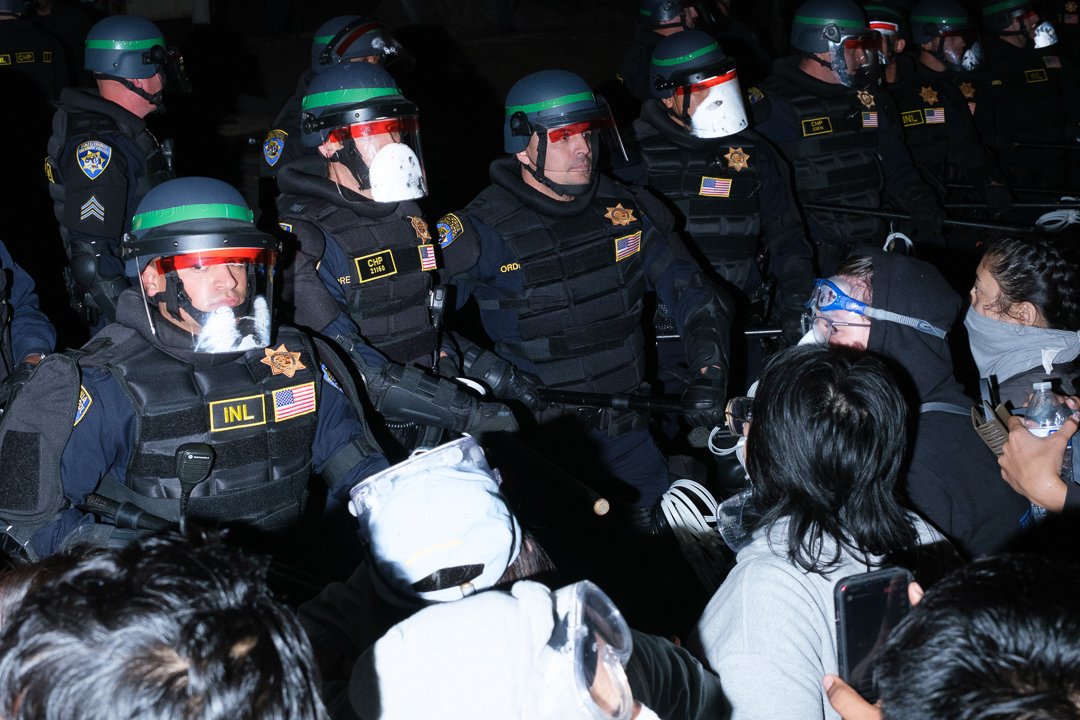
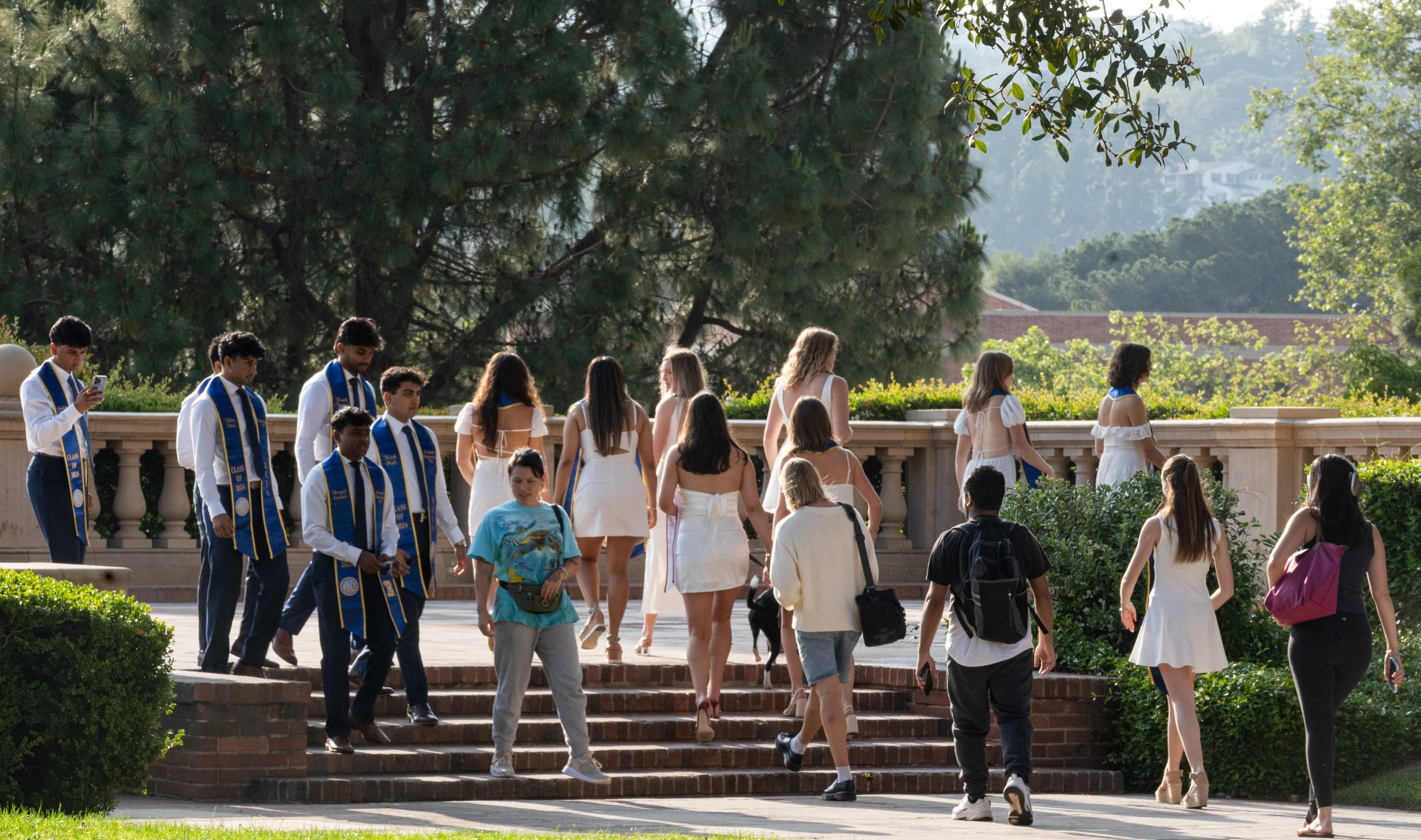
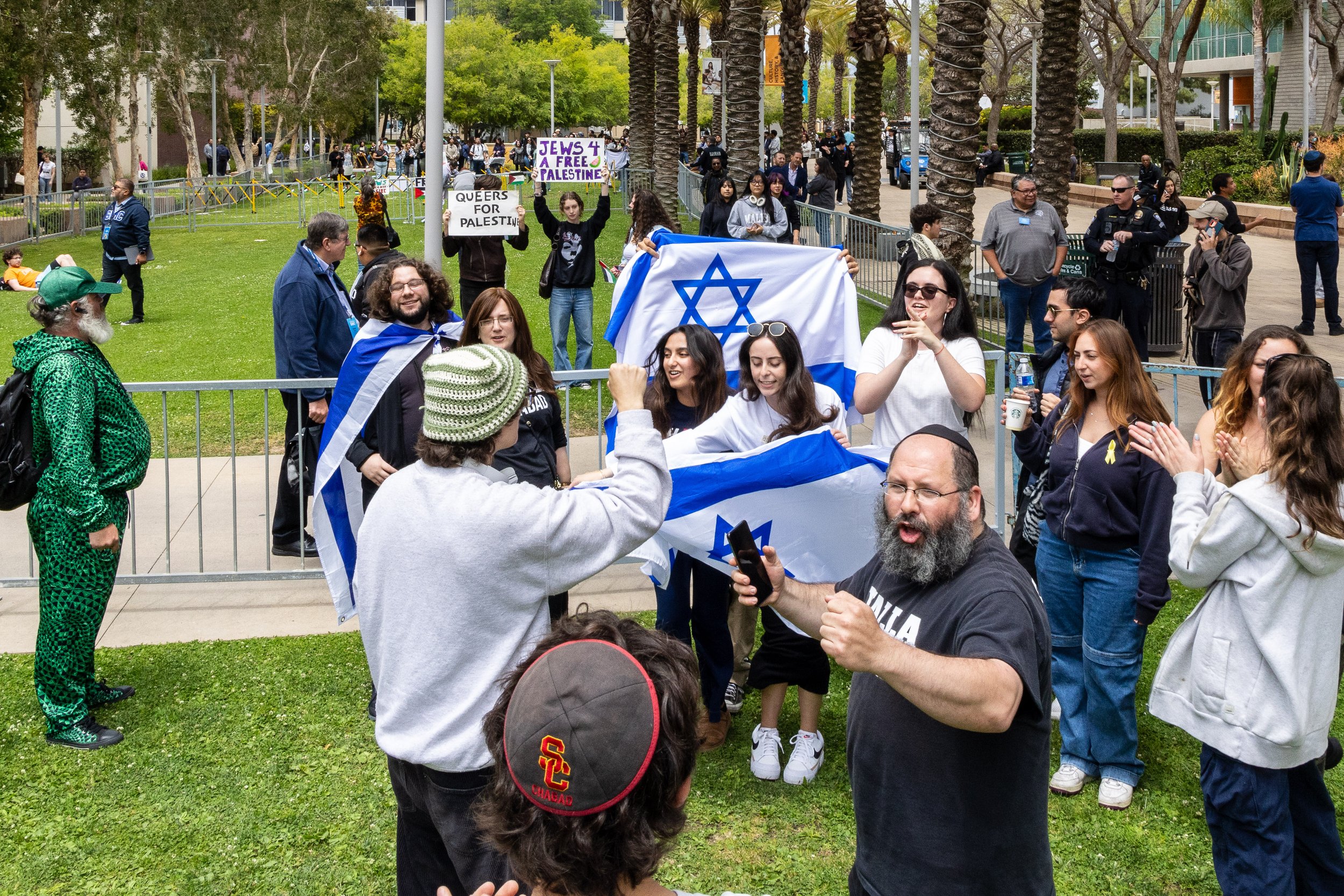
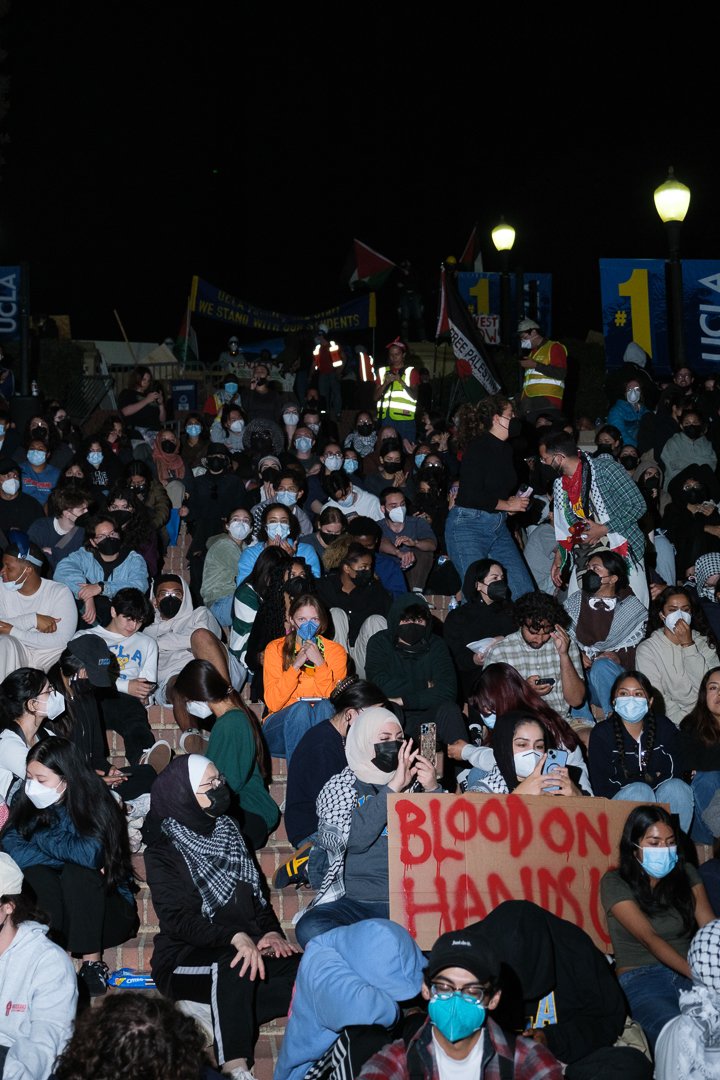
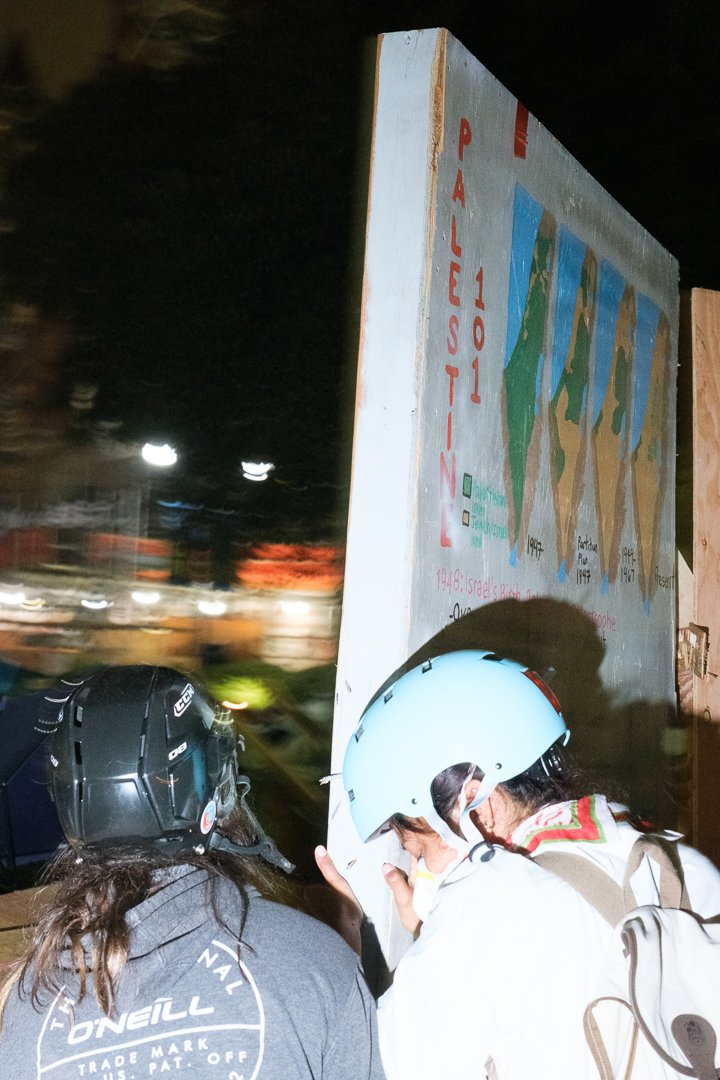
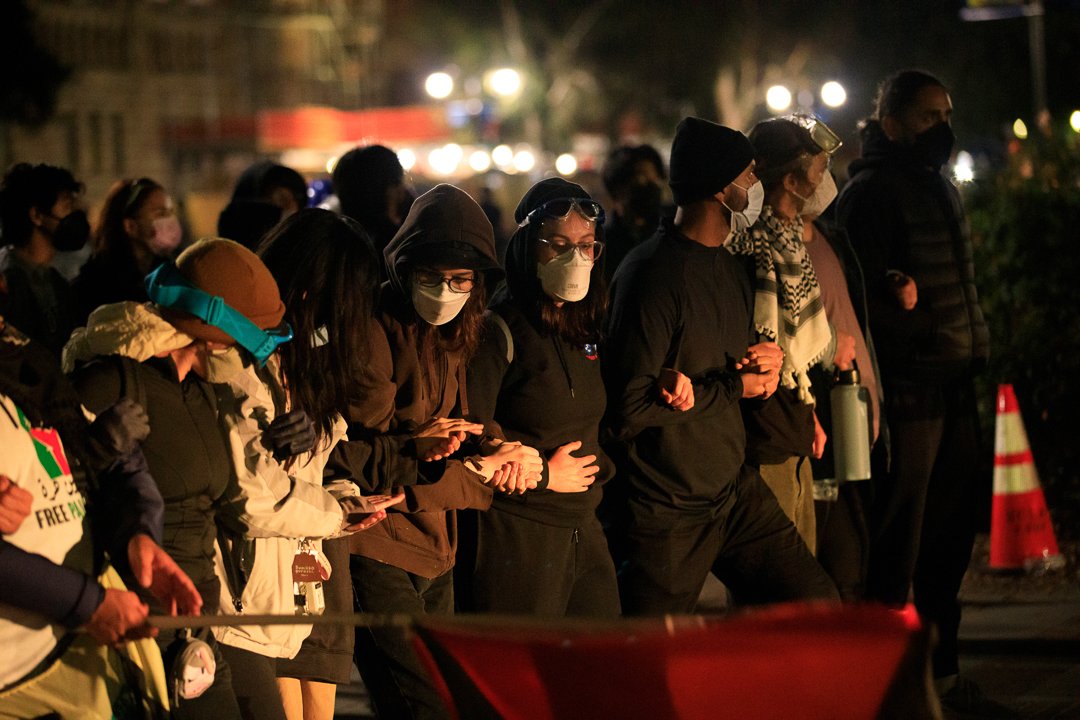
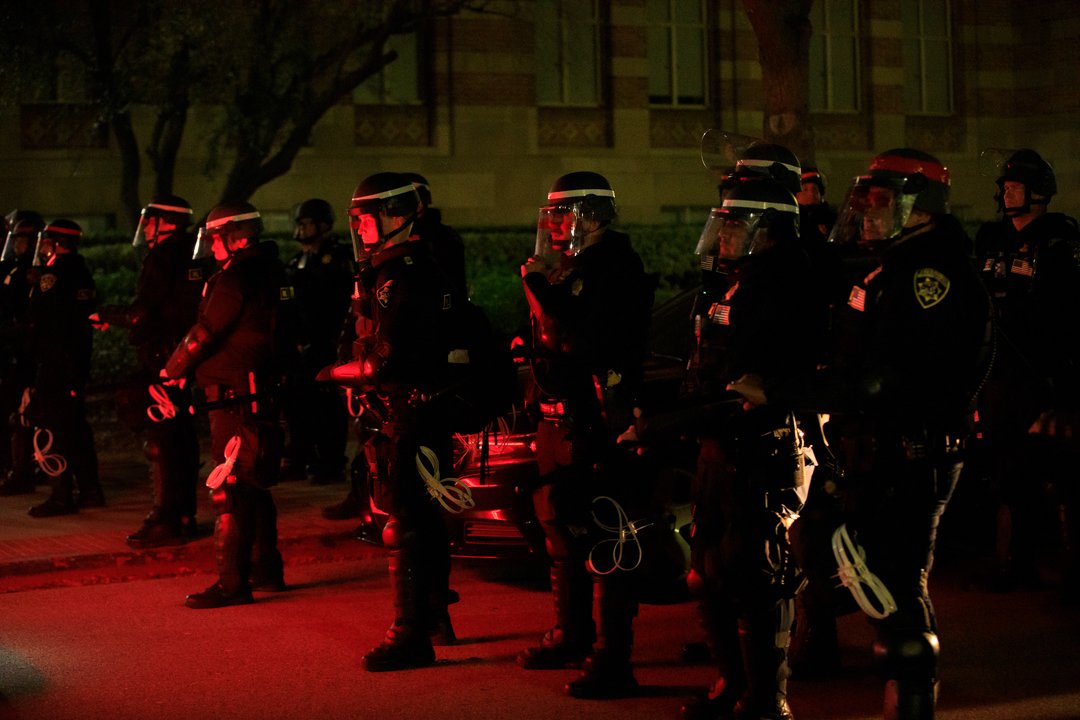
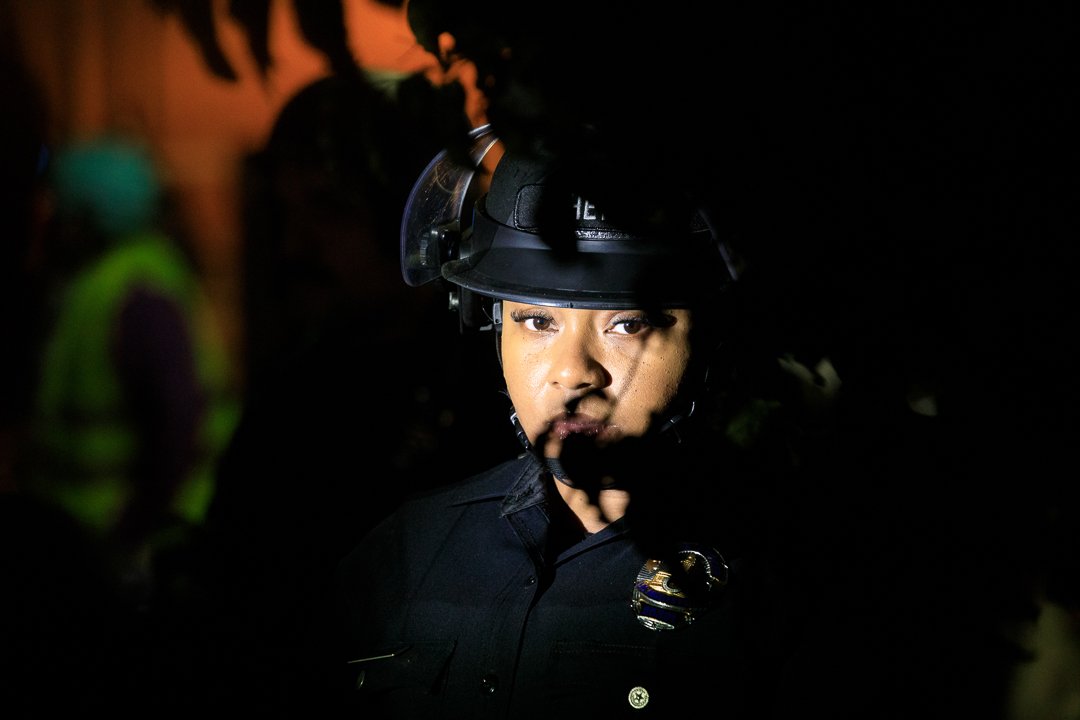
The U.S. is a nation made up of refugees and immigrants. Their stories have formed part of the American experience and are reflected in every aspect of American culture. Since Oct. 7, the spotlight has focused on college campuses. The weight of students’ experiences concerning heritage has followed them to school, dividing campuses into two: pro-Palestine and pro-Israel.
College students wearing keffiyehs or students carrying Israeli or Palestinian flags have become a familiar sight across the U.S. in Southern California. Students from the University of Southern California (USC) and the University of California, Los Angeles (UCLA) continue to share their perspectives on the ongoing situation.
Pro-Palestine students have expressed concerns that their schools do not adequately support those advocating for Palestinian rights. These students have reported facing arrests, suspensions, and threats to their academic futures in response to their protests.
On the other hand, pro-Israel students have voiced that they do not feel safe on campus, citing the protest of pro-Palestine students as a direct affront to their heritage.
Students from both sides of the conflict share their perspectives of the emotional and physical impact on their daily lives and educational experiences.
Santa Monica College
Michele Farnoush, SMC’s Chabad Jewish Student Club president, has family from and in Israel and is pro-Israel. The conflict has bled into her educational decisions. “I have a lot of Jewish friends who applied to and got into Columbia, and they're like, I just don't feel safe going there,” said Farnoush. “So, of course, it really has affected my decision of where I want to transfer.”
“How can these people deny facts, and also just the lack of empathy, honestly, really, like, struck me,” said Farnoush. “I don't know. I really thought that people at least had more empathy than what I've been seeing recently.”
Yoav Sarig, who is a student from Israel said, “It was very hard for me to leave. And it's still hard for me to be here.”
Jonathan Stone, an international student from Russia, said that he feels safe at SMC, but does not at UCLA, very near where he lives. “They look at my Star of David and then they look at my face and then I see this disgust.”
Ray, who did not share a last name, is a Jewish student at SMC in support of Palestine. Ray participated in a discussion with pro-Israel students, one of whom Ray had previously met at a sexual assault convention. “Today, she told me I needed a reality check even though she saw me crying that day and totally empathized with me that day, but when I showed my empathy for another group of people, suddenly I was the enemy to her, which is sad,” said Ray.
Athina Anenberg, the vice president of Students for Justice in Palestine and a Palestinian-American student, is pro-Palestine and very involved in protests. “And I even struggle with it now. It feels so superficial to do your chemistry homework while you are being massacred,” said Anenberg. “I can't do anything about it.”
Although protests like this have remained peaceful at SMC, there have been incidents of students from both groups feeling unsafe and unwelcome.
Yousef Khafaja, SMC’s Muslim Student Association (MSA) president and a Palestinian refugee, had experiences with similar incidents. While protesting for Palestine, Khafaja had a threatening interaction with Israeli and pro-Israel students. He said, “[A pro-Israel student] came up to me and came really close to me and started threatening me and telling me if you say from the river to the sea one more time, I'll [mess] you up.”
UCLA
UCLA has been a hub for many large protests and arrests of students. Although it may seem as though all students at UCLA have strong feelings toward the war in Gaza, many are just trying to navigate college.
Kayla Payne, a freshman at UCLA, is one of those students. “[Choosing a side is] a huge problem only because there's so much false information about what's going on from both sides,” said Payne. “I don't know where to stand... Really, I stand for stopping all the violence.“
Zachary Miller, a sophomore at UCLA, had a similar stance to Payne. “I don't think there's a clear black and white, right and wrong,” said Miller.
Of course, not all UCLA students are neutral. A pro-Palestine student who chose to remain anonymous was at many of the protests and saw people get hurt by the pro-Israel counterprotesters. The students said they were upset with the university itself. “I think it's been really disillusioning and frustrating to know that this university that I was really excited to attend is perpetuating horrific crimes against [Palestinians]. Murder, brutality, even genocide, using like workers’ pensions, using my tuition.”
USC
USC students who are pro-Palestine have similar sentiments; They voiced their frustrations with the university’s investments in the war. Two students who requested to remain anonymous are part of the USC Divers from Death Coalition. These two students, one of whom is Palestinian, were a part of the encampment at USC. They said they felt the strain of the conflict on their relationships.
“My best friend in the world, I can't talk to anymore,” said the Palestinian students. “I never realized that it would get to this point.” Because of disagreements about the conflict, the students said they couldn’t continue the friendship. “I can't forgive you,” they said.
An anonymous pro-Israel student at USC spoke about the effects of the encampments on student life. “It's created chaos for the graduating class. It's pushed students away, especially Jewish students, away from campus because they fear harassment, they fear discrimination, and it's not okay.”
The accounts of the students’ experiences underscores the complex and sensitive nature of the issue, highlighting the challenges both groups face in expressing their views and finding a supportive environment on their campuses.



